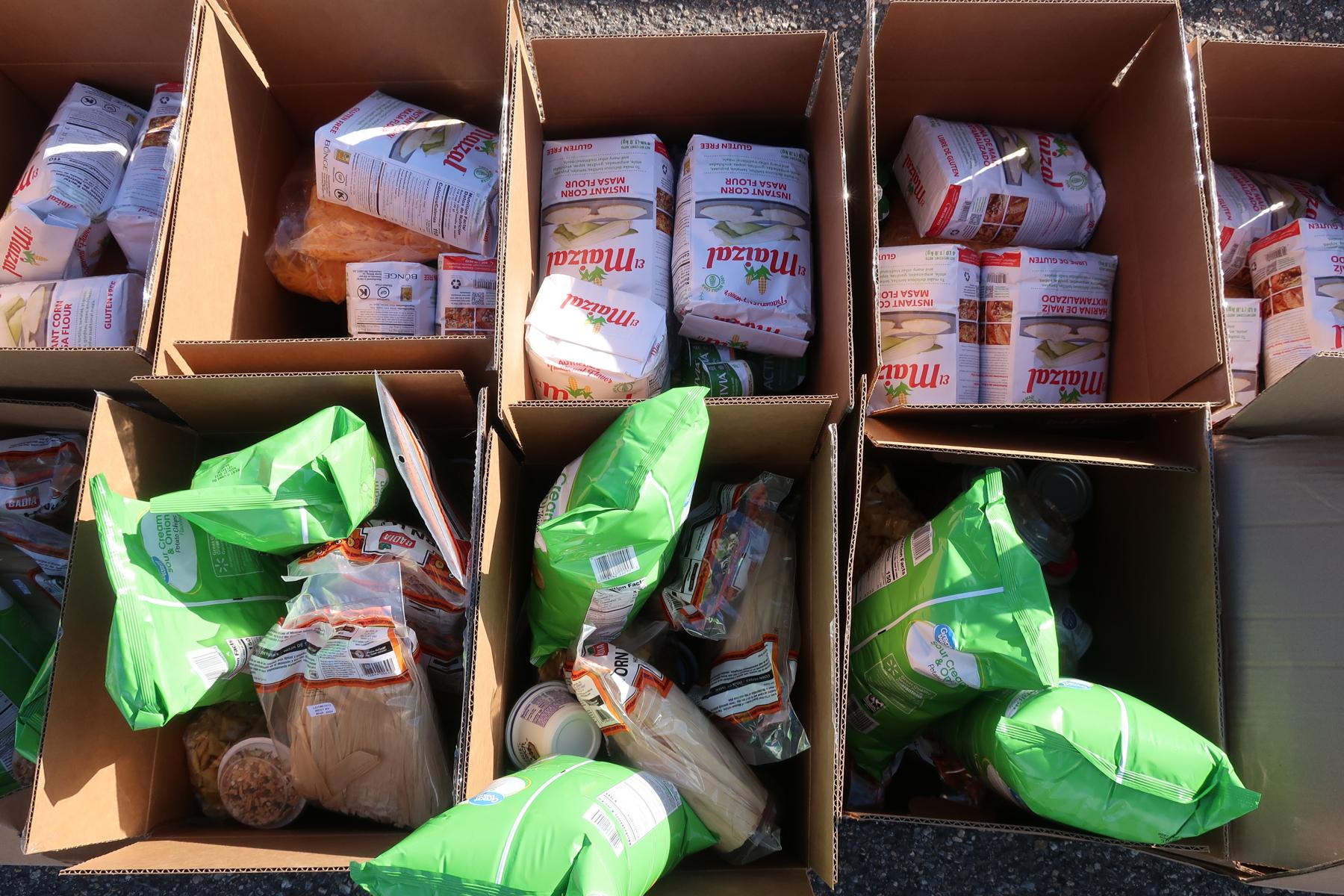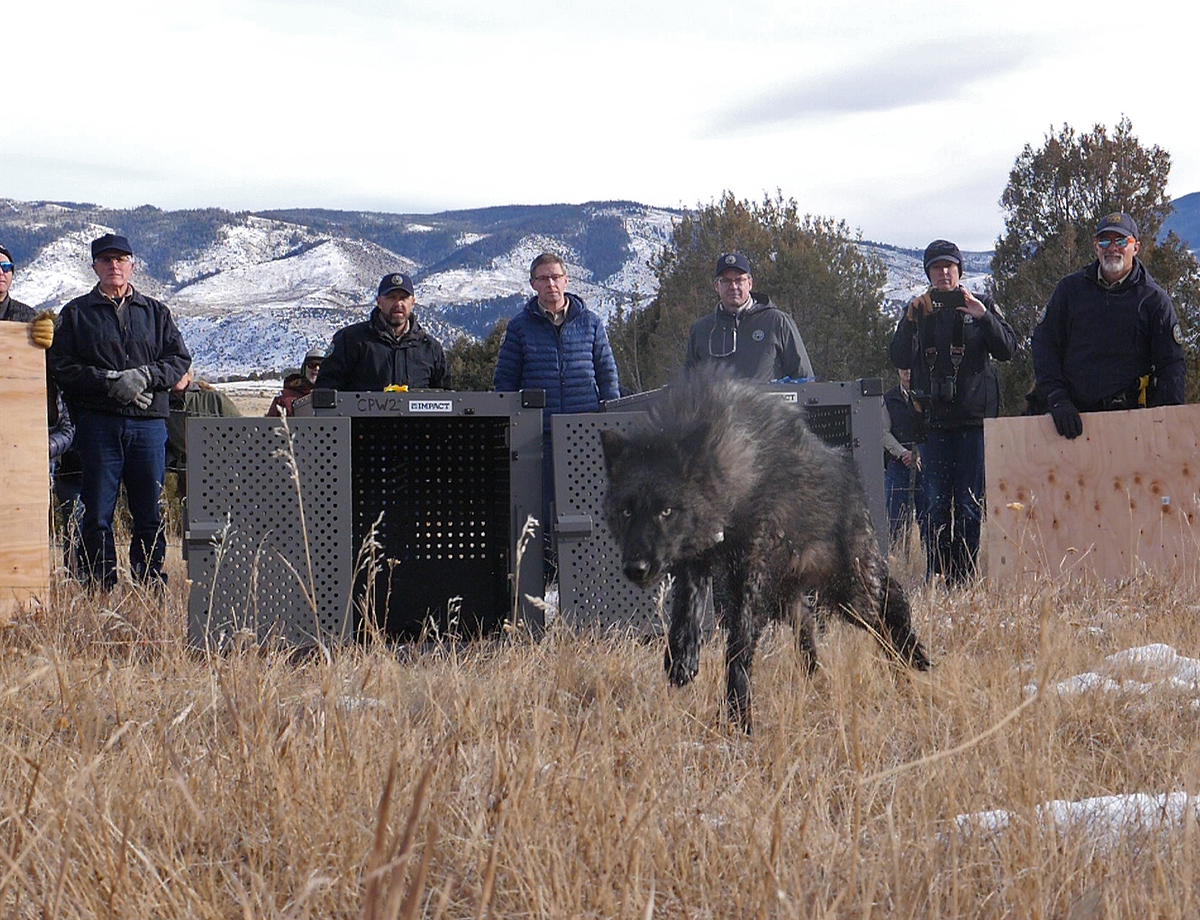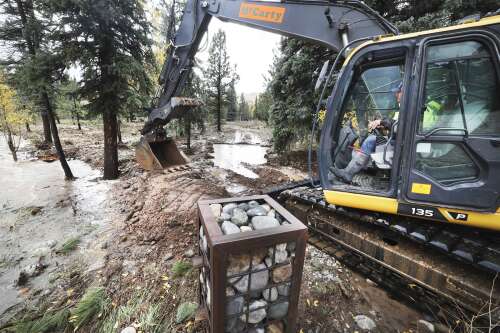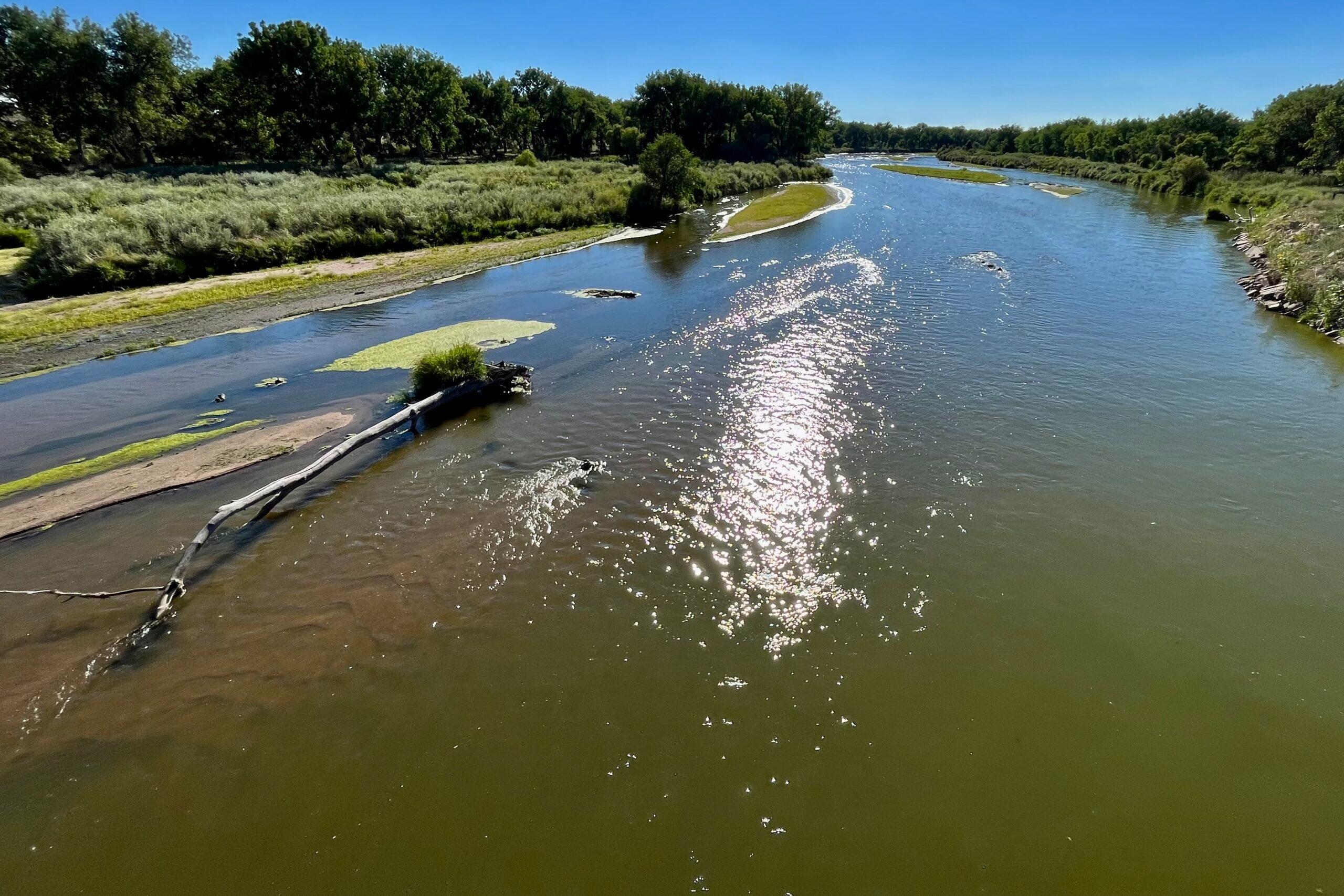
This story first appeared at coloradosun.com.
by Michael Booth and Parker Yamasaki, The Colorado Sun
Colorado told the U.S. Supreme Court in a brief Wednesday that Nebraska’s suit seeking confirmation of its water rights in Colorado is asking justices to “weigh in on a hunch,” and that Nebraska “hasn’t done its homework” on permitting and legal work before debating the fate of precious South Platte River water.
Colorado’s response brief to Nebraska’s U.S. Supreme Court filing in July chides Nebraska for being late to “confront the hard questions” of how to legally and financially support construction of the Perkins County Canal Project, which would use a compact clause to bring South Platte water from near Julesburg into Nebraska.
In the lawsuit filed with the U.S. Supreme Court this summer, lawmakers in Nebraska accused Colorado of allowing as much as 1.3 million acre-feet of water to be unlawfully diverted before reaching the border, and of breaching the South Platte River Compact, an agreement ratified in 1923. The compact requires Colorado’s Division of Water Resources to curtail usage.
It also allows Nebraska 500 cubic feet per second through a canal that pulls from the river southwest of Julesburg near Ovid. That’s the canal Nebraska wants to build.
The lawsuit alleges that Colorado is “blocking” Nebraska’s ability to build the canal, “while simultaneously arguing that Nebraska cannot access certain water without completion of the canal.”
The dispute has been simmering since 2022 when Nebraska lawmakers approved the $500 million project, citing fears about Colorado’s increased water use. Officials and engineers spent the next few years exchanging evaluations: Nebraska’s engineers insisted they needed to build the canal to secure water for downstream farmers and residents, Colorado’s engineers responded that construction would be a big waste of money.
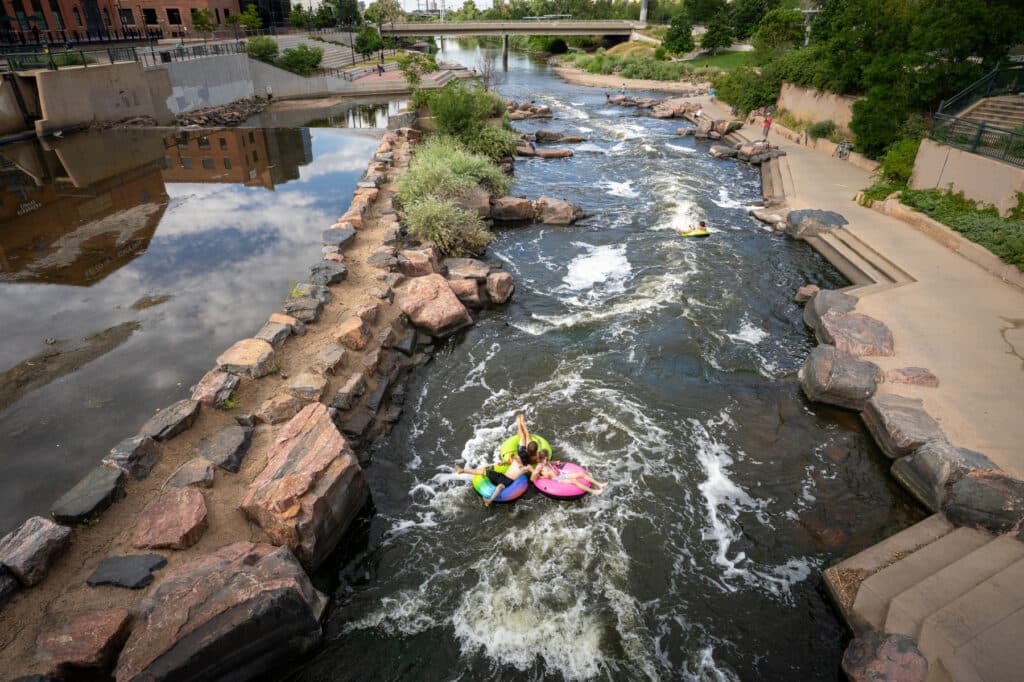
Now, Colorado officials want SCOTUS to decline to hear Nebraska’s lawsuit as “not ripe” for consideration, and send it back to the states for serious talks on how to follow the South Platte River Compact.
Gov. Jared Polis at a news conference derided Nebraska’s surprise July filing as an “unfounded and unserious lawsuit,” a “meritless escalation” of issues that were under productive discussion, and another misstep in the “boondoggle that has been this entire Nebraska project.”
“Once they dispense the lawsuit, we are ready to return to the table,” Polis said.
Colorado’s SCOTUS brief says Nebraska is wrong in telling the court that Colorado has materially blocked the allowed canal, and also wrong that Colorado has not been leaving required amounts of water for Nebraska in the South Platte, Attorney General Phil Weiser said.
“These hypothetical concerns they’ve raised do not warrant Supreme Court review. What they do warrant is more conversations, which had just barely begun to happen before this surprise lawsuit,” Weiser said.
The brief notes that Nebraska had previously filed to condemn private Colorado land along its proposed canal route, but then withdrew the filings.
Nebraska, the Colorado officials said, “needs to develop facts” before demanding the Supreme Court’s limited time.
“Nebraska asks the Court to weigh in on a hunch that Colorado might not be meeting its already existing compact obligations during the irrigation season. But Nebraska raised this secondary concern only after it began to confront the hard questions surrounding whether to pursue its canal right,” the brief’s introduction says.
The decision before SCOTUS is now whether to accept Nebraska’s case at all, Weiser said, a choice that will likely be made by the end of the just-started Supreme Court 2025-26 session that ends in June.
The court should decline, Weiser repeated, but even if they took it up, they would likely appoint a “special master” as they have done in other water rights cases that cross state borders. Special masters can take 10 years or even more to work out disputes and make recommendations.
A spokesperson for Polis called the project a “bad-faith attempt to undermine a century-long successful compact,” and a “costly boondoggle” for Nebraska taxpayers when the project was first approved. Weiser told Sedgwick County landowners that the canal plan felt more like “a political stunt” than a real threat.
In February, Nebraska sent letters of condemnation to landowners in Colorado, offering $1.4 million for about 650 acres of land, and the Colorado officials changed their tenor. Weiser advised Sedgwick County landowners to seek legal counsel, and sent a letter to Nebraska officials urging them to back down. They sued Colorado instead.
Editor’s note: This story is a product of Fresh Water News, a nonprofit news organization.


